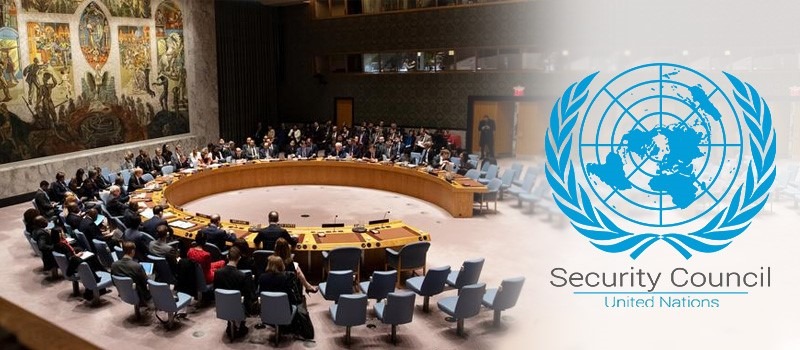US Backs Africa to Have Two Permanent Seats on the UN Security Council
The United States has voiced its support for Africa to secure permanent representation on the United Nations Security Council.
US Ambassador to the UN, Linda Thomas-Greenfield, stated that the US is advocating for the inclusion of two permanent seats for African nations, along with an additional flexible seat reserved for small island countries.
This move aligns with broader efforts to reform the Security Council, with Germany, India, and Japan among the nations also seeking permanent seats.
However, while the US supports permanent African representation, Ambassador Thomas-Greenfield emphasized that Washington does not back extending veto power to the new members, a right currently held by the Council’s five permanent members.
Calls for reform of the Security Council have been ongoing for years, particularly from developing nations that argue the current structure is outdated and unrepresentative.
Despite numerous rounds of negotiations, meaningful changes have yet to materialize.
The demand for reform, however, has gained new momentum, with appeals to UN Secretary-General António Guterres and member states to address this issue as part of the ongoing discussions surrounding UN reform.
Guterres has underscored the importance of modernizing the Council, pointing out that the global power structure has shifted significantly since the Security Council was established in the aftermath of World War II.
He argues that the Council must evolve to reflect the changing geopolitical landscape.
Under the UN’s founding charter, any amendments to the structure of the Security Council require the approval of two-thirds of the General Assembly and the consent of all five permanent members of the Council.
When the United Nations was founded in 1945, the Security Council consisted of 11 members.
In 1965, the Council was expanded to 15 members, including five permanent members with veto powers— the United States, China, Russia, the United Kingdom, and France— and ten non-permanent members that rotate every two years.
The Security Council plays a critical role in maintaining international peace and security. Its decisions, which can include imposing sanctions, authorizing the use of force, or deploying peacekeeping missions, have far-reaching global implications.
Several African nations, including Ethiopia, Egypt, Nigeria, and South Africa, have formally expressed their desire for permanent representation on the Council.
The final decision on which African nations would occupy these seats is expected to be determined by a majority vote within the African Union.
Intense competition is anticipated among African countries for these positions, as they seek to represent the continent on the global stage.
This push for reform represents a significant step toward ensuring more equitable representation at one of the most powerful decision-making bodies in the world, reflecting Africa’s growing role in global diplomacy and international relations.
